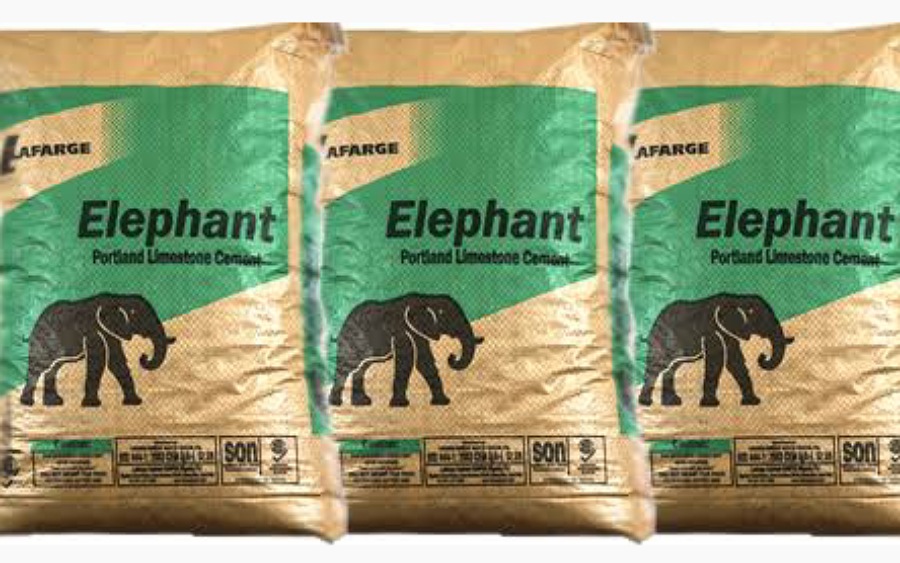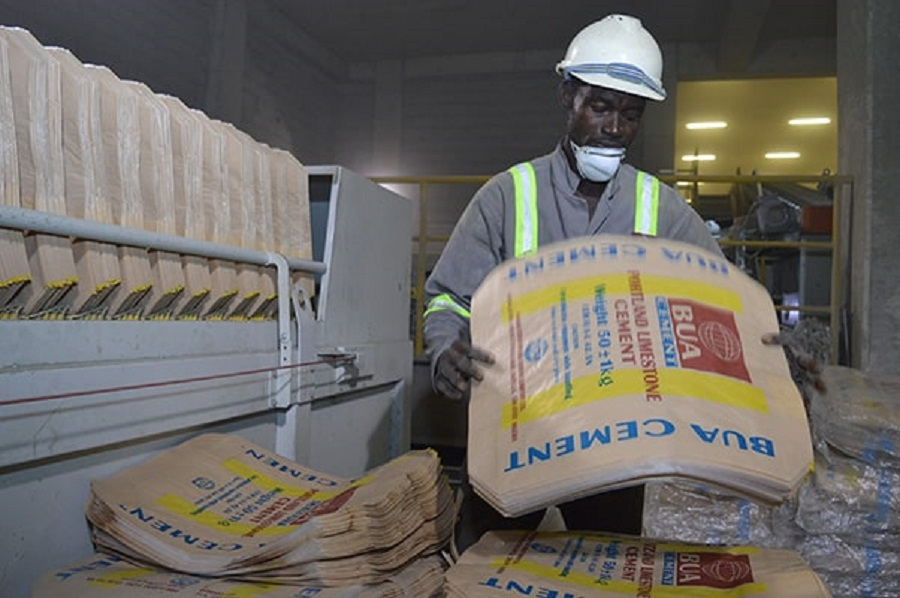Recent months have witnessed a remarkable increase in cement prices in Nigeria, escalating from N5,000 to N13,000 per bag. This surge has affected various stakeholders, including builders, block moulders, and the average Nigerian consumer, sparking concerns and calls for government intervention.

Dominant Players and Market Share
The Nigerian cement market is characterized by a limited number of dominant players, each holding a significant share of the industry. This concentration of market power has a substantial impact on pricing, production, and overall competition within the sector. The three major companies that dominate the Nigerian cement industry are Dangote Cement Plc, Lafarge Africa Plc, and BUA Group. Together, these firms not only control the majority of the cement production in Nigeria but also significantly influence the market dynamics across the West African region.
Dangote Cement Plc: Dangote Cement is the largest producer in Nigeria, commanding a dominant position with a market share of approximately 60.6%. Owned by Africa’s richest man, Aliko Dangote, the company has an installed capacity of 29.3 million metric tonnes per annum (MTpa) across its operations in Nigeria. Dangote Cement’s vast network includes the largest cement plant in Sub-Saharan Africa located in Obajana, Kogi State. The company’s extensive distribution network, strategic plant locations, and brand strength give it a competitive edge, allowing it to maintain its position as the market leader.

Lafarge Africa Plc: Lafarge Africa, part of the global LafargeHolcim Group, is another key player in the Nigerian cement industry, holding a market share of about 21.8%. With an installed capacity of 10.5 million MTpa, Lafarge Africa operates significant manufacturing plants in Ewekoro and Sagamu in the South West, Calabar in the South-South, and Ashaka in the North East of Nigeria. Lafarge’s long-standing presence in the Nigerian construction materials market, combined with its international backing, positions it as a formidable competitor in the cement industry.

BUA Group: BUA Group, led by industrialist Abdulsamad Rabiu, holds a market share of 17.6% and has been rapidly expanding its operations in recent years. With a production capacity of 8 million MTpa, BUA has cemented its position as a major player in the industry. The company’s key facilities include the BUA Cement Sokoto plant in the North West and the Kalambaina Cement Plant in Sokoto State. BUA Group’s aggressive expansion strategies and significant investments in new capacity and infrastructure have enhanced its market presence and competitiveness.

Read Also : Nigeria’s Economic Downfall: 10 Reasons Behind the Naira’s Freefall Against the Dollar
The COVID-19 pandemic and subsequent government policies, such as the proposal to implement concrete roads, have significantly contributed to the rising cement prices. The global increase in demand and reduction in production volumes during the pandemic have strained the cement industry.
Foreign Exchange Challenges and Cement Prices in Nigeria
A significant factor contributing to the surge in increase of cement prices in Nigeria is the fluctuation of foreign exchange rate. The Nigerian naira has seen a depreciation against the US dollar, further complicating the economic landscape. As of February 17, 2024, the black market exchange rate was approximately ₦1,655 to $1. This depreciation increases the cost of imported materials and equipment needed for cement production, indirectly affecting the retail price of cement.
Real Estate Boom and Increased Demand
According to Prime Business, the growth of the real estate sector has also propelled the demand for cement, with more Nigerians investing in real estate as a means of financial security. This increased demand also affects the cement prices in Nigeria coupled with government infrastructure projects, has significantly impacted cement prices.
Calls for Government Intervention and Increased Competition
Stakeholders and experts have called on the Nigerian government to intervene by facilitating greater competition in the cement industry. Proposals include issuing more licenses to cement producers and providing tax incentives to encourage new entrants, aiming to increase production capacity and stabilize prices



